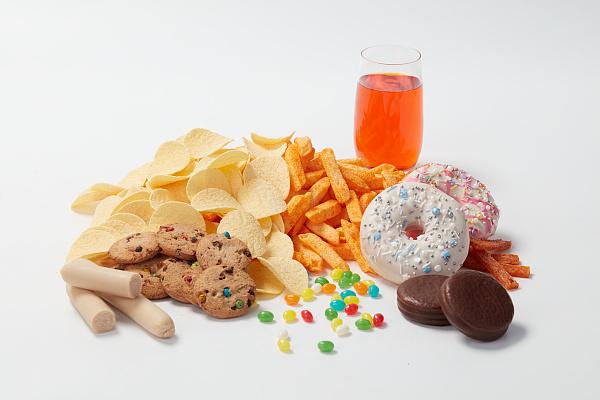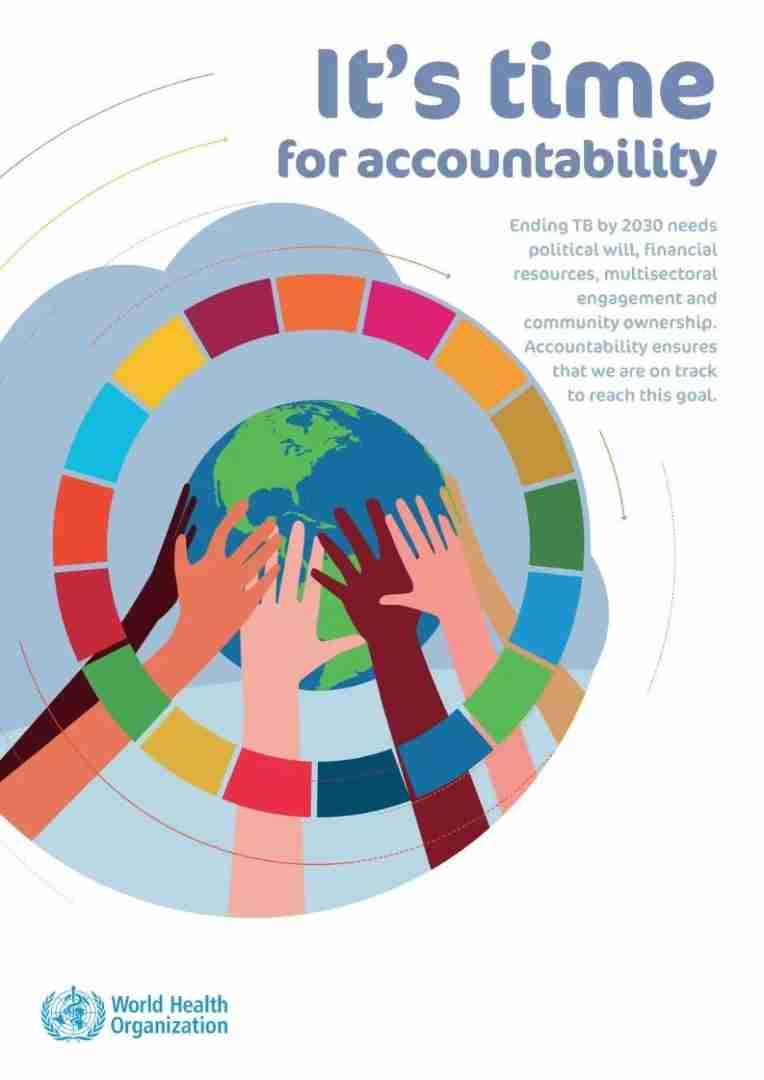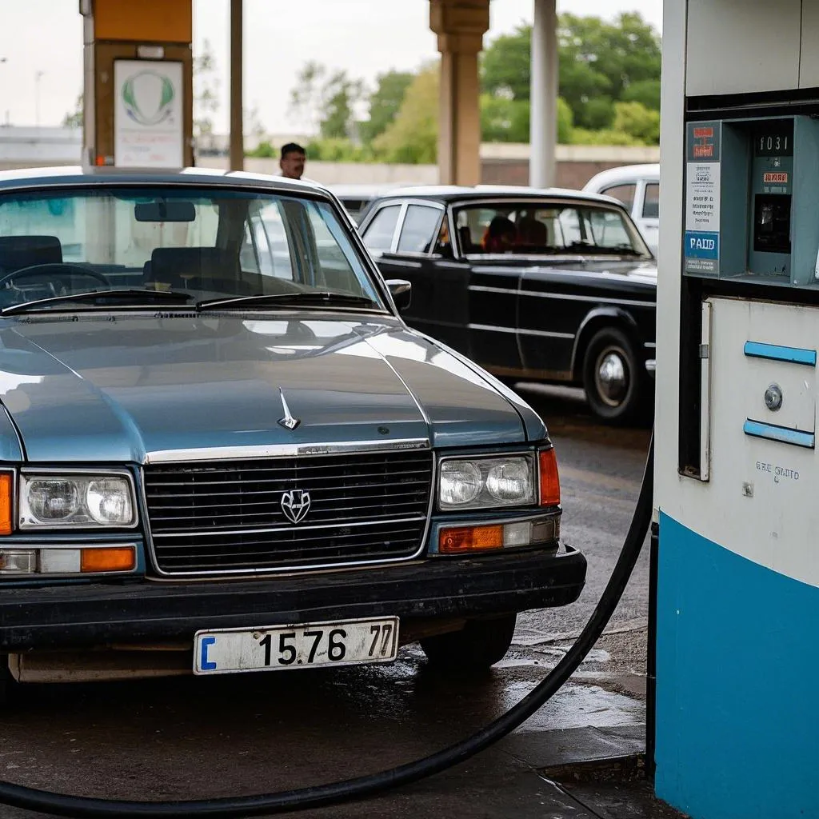Recently, in order to effectively curb the problems of overweight, obesity and diabetes among children, the Mexican government launched a ban on the sale of junk food in schools across the country, which came into effect on March 29. This measure aims to improve the dietary structure of children and address the increasingly severe child health problems in Mexico. вА�
The ban originated from the "General Guidelines" jointly issued by the Mexican Ministry of Public Education and the Ministry of Health at the end of September last year. According to regulations, schools are prohibited from selling and promoting highly processed foods that are high in sugar, saturated fatty acids, trans fats, and sodium, including sugary drinks, potato chips, candies, and other products with black warning labels. The ban covers over 250000 schools at the basic, secondary, and higher education levels nationwide. At the same time, the school needs to provide healthier alternative foods and ensure that students can drink purified water. Mexican President Simbaum has previously stated, "Eating a bean corn tortilla is much better than a bag of potato chips
To ensure the smooth implementation of the ban, Minister of Public Education Delgado called on all education workers to strengthen publicity and establish special training to let school staff responsible for food sales understand relevant policies. For schools that violate the ban, the government has set fines ranging from $545 to $5450. Currently, parents generally support the ban. Student parent Martinez said that her daughter's school has announced that it will no longer provide candy in the future, but instead provide fruits and vegetables, which is a great help for us. вА�
However, the implementation of the ban faces many challenges. A 2024 data shows that 98% of schools in the country are still selling junk food, 95% of schools are selling sugary drinks, and 79% of schools are selling carbonated drinks. In addition, many schools in Mexico have vendors selling potato chips and candy at their entrances, and 77% of schools report having vendors selling junk food outside of school. How to regulate the sale of junk food outside of school has become a challenge. Child therapy expert De Leon said, "It may be difficult to completely ban junk food in the short term, but in the long run, this policy will bring positive health benefits
According to Mexican government statistics, one-third of the country's children are considered overweight or obese. The report from the United Nations Children's Fund (UNICEF) also pointed out that the problem of childhood obesity in Mexico has entered a state of emergency. The country's children consume the highest amount of junk food in Latin America, with 40% of their daily calorie intake coming from such unhealthy foods. Whether the ban on school junk food implemented in Mexico can help improve children's health still needs time to be tested. вА�
 Related articles
Related articles



 Wonderful guide
Wonderful guide Hot News
Hot News